Beyond the keyboard: how we'll interact with computers in the future
Why keyboard tapping may soon be a thing of the past
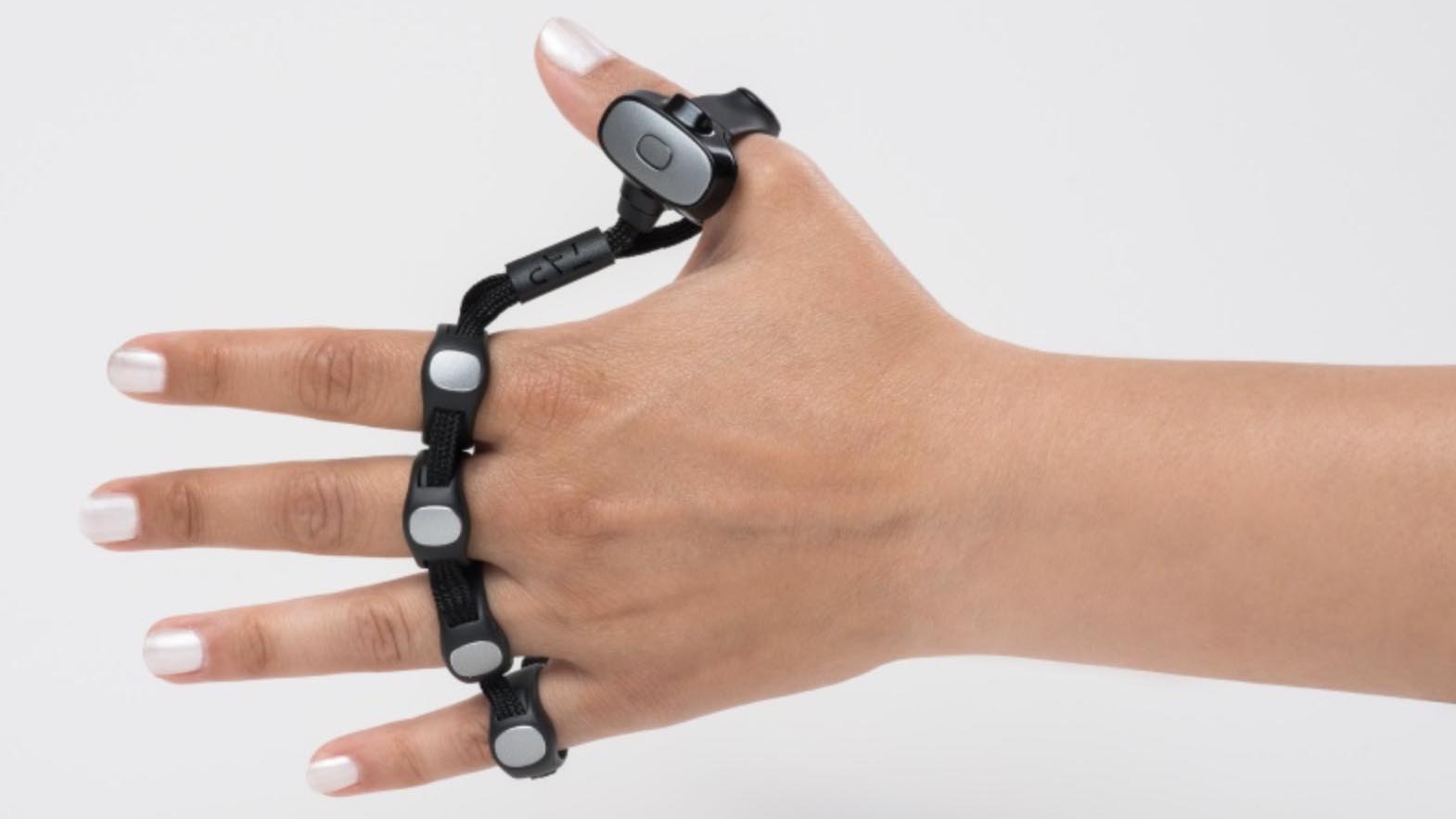
Main image: Tap is billed as the first 'wearable keyboard'
Processing power may have improved beyond recognition since the advent of the computer, but the peripherals we use to interact with our PC or laptop have essentially stayed the same. There’s still the screen, the mouse or trackpad – and the beloved keyboard.
Of these peripherals, it's increasingly likely that it's the keyboard that will be the first to significantly change – and we’re not just talking about a shift from QWERTY to Dvorak.
There are myriad other ways to control computers, some of which are on the market now, some of which are coming soon, and others which feel like they've been ripped from the pages of a Philip K Dick novel.
One giant Leap
The biggest proponent of trying to change how we use computers is a company that has promised much, and finally delivered something – even if it’s not quite the product we once imagined it would be.
Magic Leap was founded in 2010, and it launched under the banner of “adding another dimension to computing, where digital respects the physical”.
What this essentially meant was the company was looking to create a device that would enable you to use your computer by physically interacting with programs in the real world, rather than clicking through endless windows and folders on a screen.
Sign up for breaking news, reviews, opinion, top tech deals, and more.
The reality of this is Magic Leap One, a mixed-reality headset that melds real life with the virtual. Similar to Microsoft's Hololens in its ability to overlay CG creations on your surroundings, the headset is a chunky thing with smatterings of cyberpunk, but it does show promise for a world beyond the keyboard.
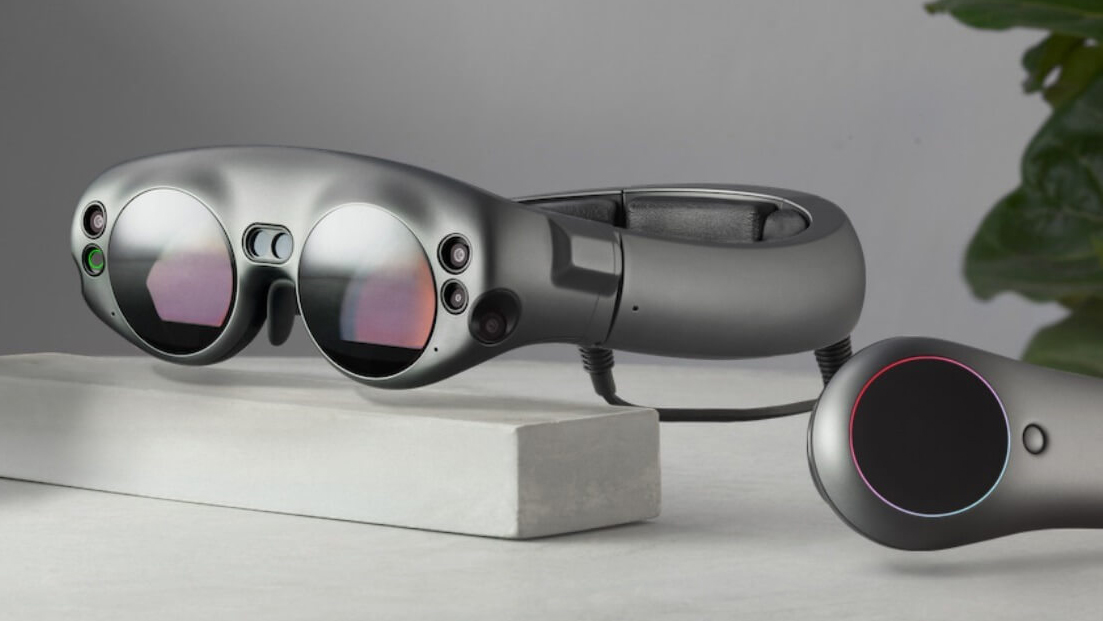
Speaking to The Verge, Magic Leap CEO Rony Abovitz said: “Our whole thing with Magic Leap One is, we want people to realize this is what computing should look like – not [laptops], not TVs, not phones.”
With around $2.3 billion spent on its headset so far, this sounds more like a plea than a statement of intent, illustrating that it’s both expensive and tricky to try and change the norm of how the general public interacts with their gadgets. But it’s still early days for Magic Leap and its technology, and its journey will be fascinating to watch.
A far cheaper potential keyboard alternative is already here, and it replaces the keyboard, with… a keyboard. But not a physical one, rather one that’s made up of lasers.
Laser quest
Projection keyboards have been around since the 1990s, but they've dramatically improved over the years. The technology gained mainstream recognition in 2002, with Canesta showing off its version of a laser keyboard at technology show CeBit.
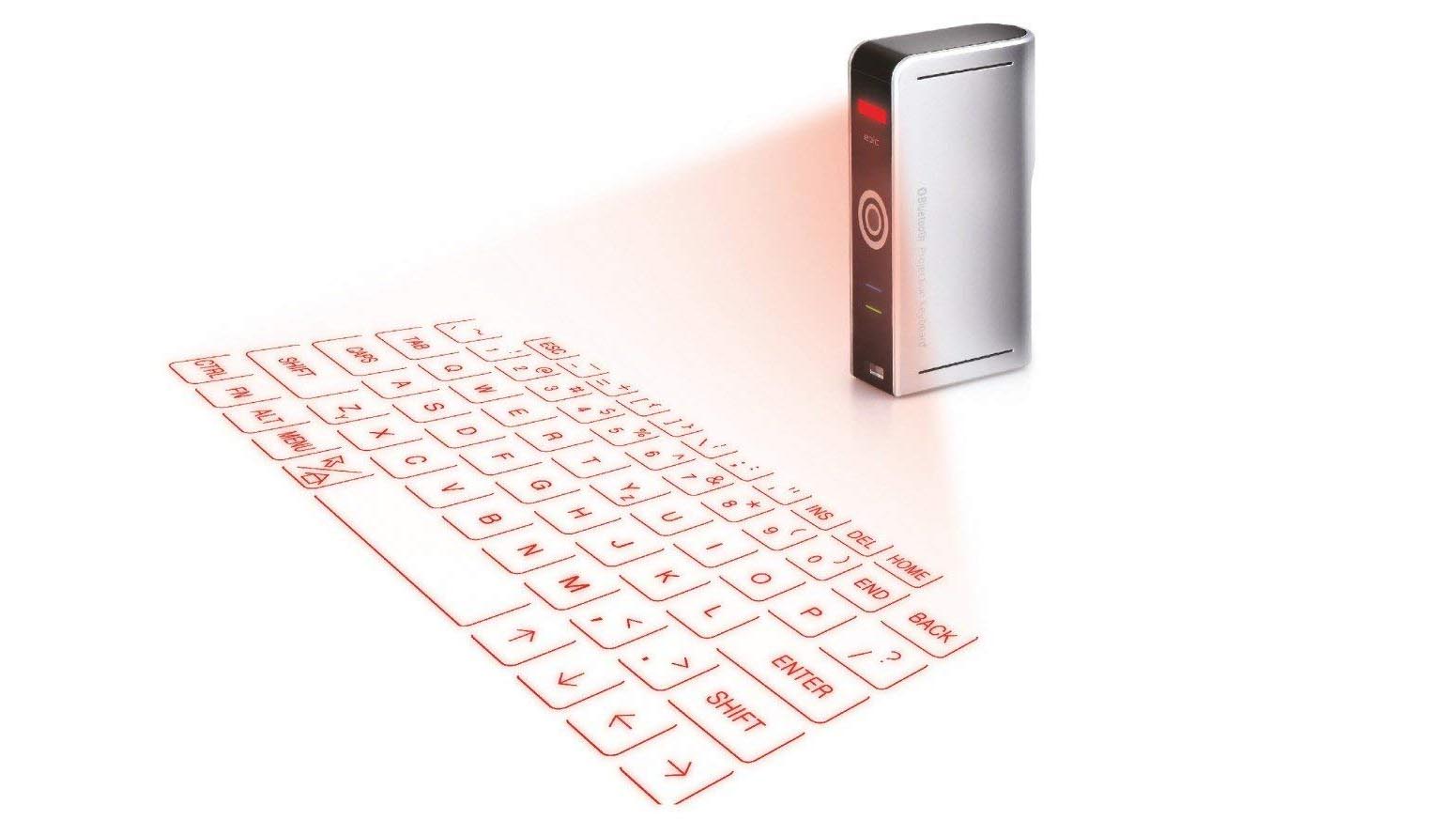
The technology is actually pretty simple. A laser projects a keyboard image onto a table or other flat surface, and when your finger ‘touches’ a key, a sensor or camera logs this as a keystroke. Newer models use Bluetooth to interact with your computer, and work with smartphones and tablets as well.
But who needs lasers when you can just wear a keyboard on your fingers? That’s what Tap, billed as the first wearable keyboard, allows you to do. You slip it on to your fingers, and tap away on any surface.
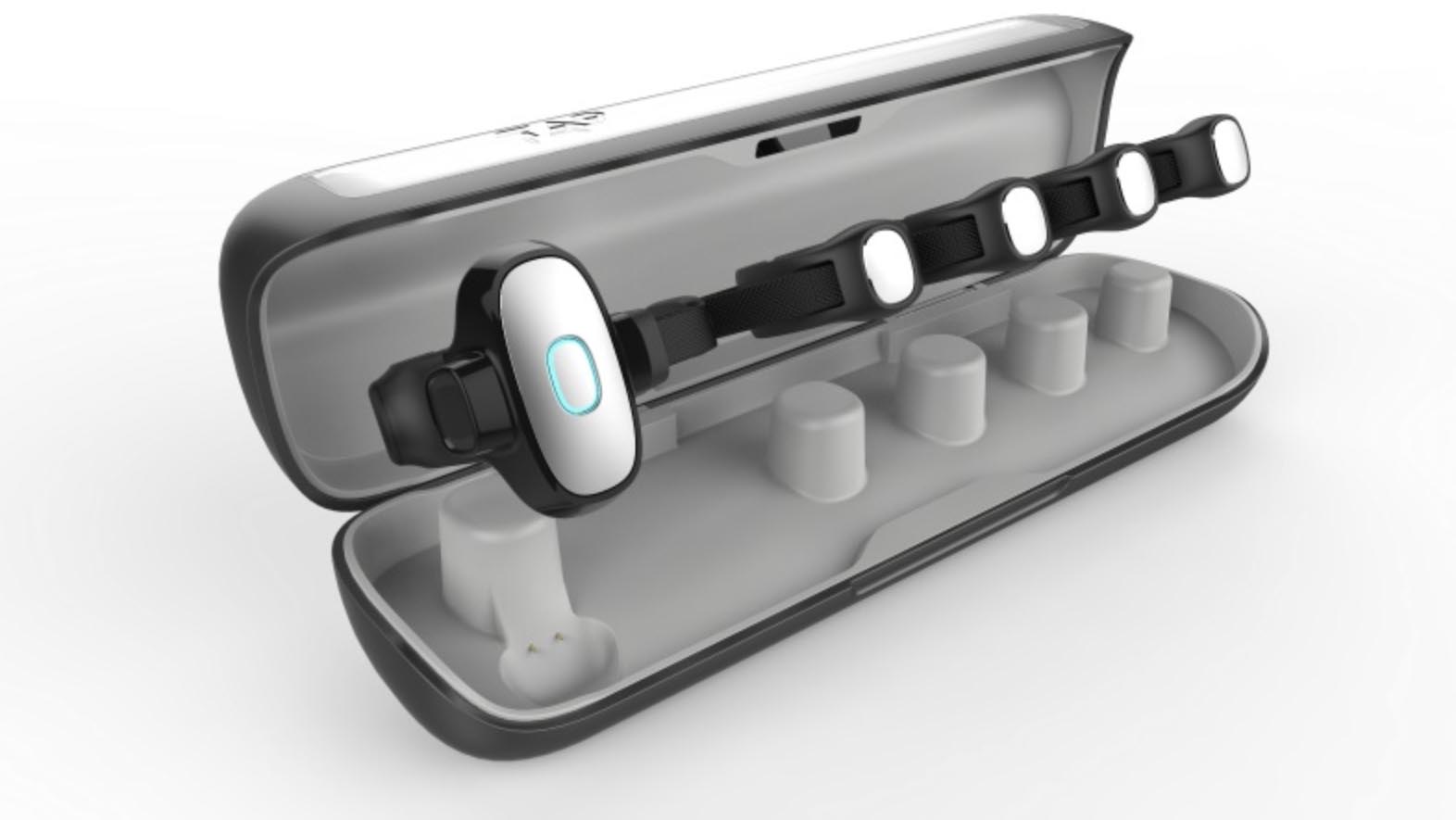
The makers of Tap explain that their product “was designed to enable the wide adoption of new technologies and experiences. It is the breakthrough which allows you to text, control or create custom input in virtual and augmented reality systems, and with advanced wearables”. It’s shipping now for $179 (about £135 or AU$250).
From taps to gestures, and Myo is looking to revolutionize computer control with its wrist-worn gadget. According to the company, the Myo armband is a “wearable gesture control and motion control device that lets you take control of your phone, computer, and so much more, touch-free”.

The device is packed with electromyographic (EMG) sensors which sense the electrical activity in the forearm muscles. The device comes with a gyroscope, accelerometer and magnetometer, all of which recognize the gestures used by the wearer.
Again, the technology isn’t perfect, but it promises to do similar things for computing to what the short-lived Kinect aimed to do for Xbox. Kinect was rumored for computers, but it never really took off, so it’s good to see Myo taking up the baton.
Speaking your mind
If the keyboard is going to disappear completely, however, then it may well be because of voice control. Amazon Alexa is just about everywhere now, including in laptops, finding its way into the Acer Spin 5 this year.
There's lots happening in this area, with Amazon and Microsoft partnering to bring Alexa integration to Cortana on Window 10 devices and integrate Cortana with Alexa on Amazon's Echo devices.
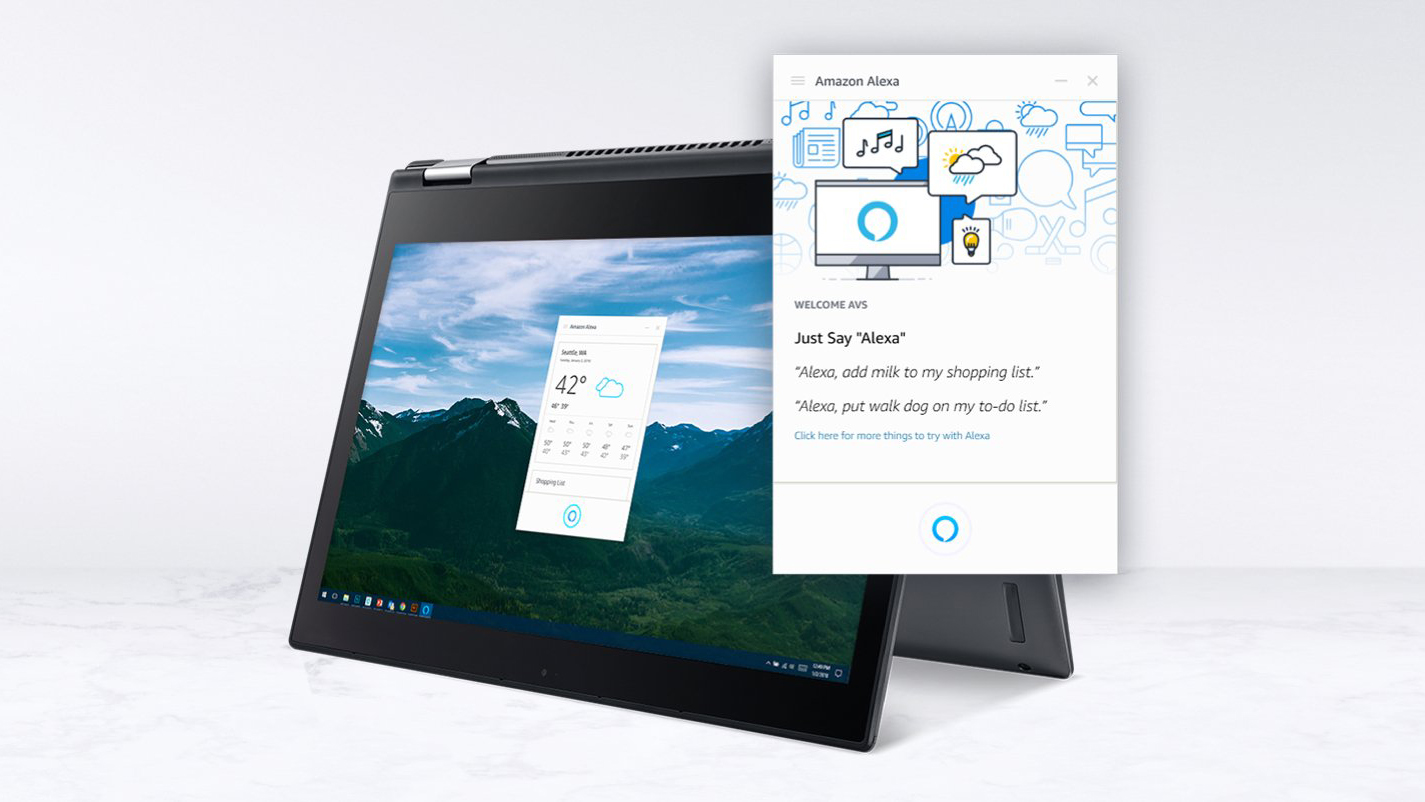
There’s a fair amount you can do with voice on a laptop, but the tech still has its limits. For example, all interaction with Alexa is through a window on the device, and isn’t full screen. But this does set the groundwork for a frictionless, keyboard-free computing existence.
But why should we stop at voice control when we can let our minds do the talking? While it's not coming to your laptop any time soon there have been some big leaps in the mind-control space, which is great news for anyone who has severe disabilities.
A Microsoft patent has been filed that discusses “changing the state of an application by detecting neurological user intent data”.
Tests in 2017 by scientists at Stanford have also demonstrated that a “brain-to-computer hookup can enable people with paralysis to type via direct brain control at the highest speeds and accuracy levels” – proving that going beyond the keyboard has implications far beyond simply making it a little faster and easier to work and play on our computers.
TechRadar's Next Up series is brought to you in association with Honor


Marc Chacksfield is the Editor In Chief, Shortlist.com at DC Thomson. He started out life as a movie writer for numerous (now defunct) magazines and soon found himself online - editing a gaggle of gadget sites, including TechRadar, Digital Camera World and Tom's Guide UK. At Shortlist you'll find him mostly writing about movies and tech, so no change there then.